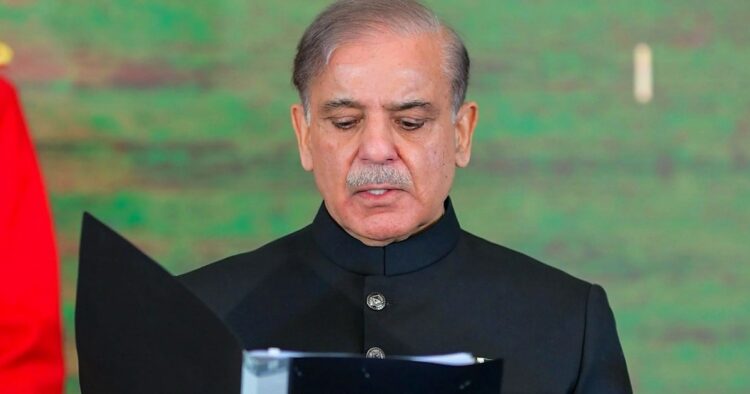Pakistan’s new Prime Minister, Shehbaz Sharif, has swiftly taken action to address the nation’s economic woes. He’s wasted no time in prioritizing talks with the International Monetary Fund (IMF) to secure an extended fund facility. This move comes as Pakistan grapples with economic challenges, having recently received over USD 700 million as part of an existing IMF arrangement.
Sharif’s government is focused on securing the final tranche of a USD 6.5 billion IMF bailout package, with talks aimed at securing an additional USD 1.2 billion. In his first official meeting, Sharif emphasized the urgency of restoring the country’s economy and instructed officials to engage with the IMF promptly.
At the heart of Sharif’s economic strategy is the revitalization of Pakistan’s economy through various measures. He announced plans to privatize loss-making government-owned enterprises to relieve the burden on the nation’s finances. Additionally, Sharif aims to streamline the government, consolidating or closing unnecessary institutions to reduce expenditure.
To foster economic growth, Sharif highlighted the importance of supporting small and medium enterprises (SMEs) and empowering the youth. He tasked banks and financial institutions with developing strategies to promote SMEs, while also strengthening investment facilitation mechanisms.
Furthermore, Sharif’s government plans to address inefficiencies in the power and gas sectors by transitioning to smart metering to reduce losses. He established a committee to formulate strategies for reducing perks for government board members, demonstrating a commitment to fiscal responsibility.
Recognizing the need for transparency and efficiency in tax collection, Sharif emphasized the automation of the Federal Board of Revenue (FBR) and other institutions. This move is aimed at enhancing accountability and reducing corruption in revenue collection processes.
Prime Minister Shehbaz Sharif’s leadership comes at a critical time for Pakistan, with significant economic and security challenges facing the nation. His proactive approach to economic recovery signals a commitment to addressing these challenges and steering Pakistan towards a more prosperous future.

















Comments